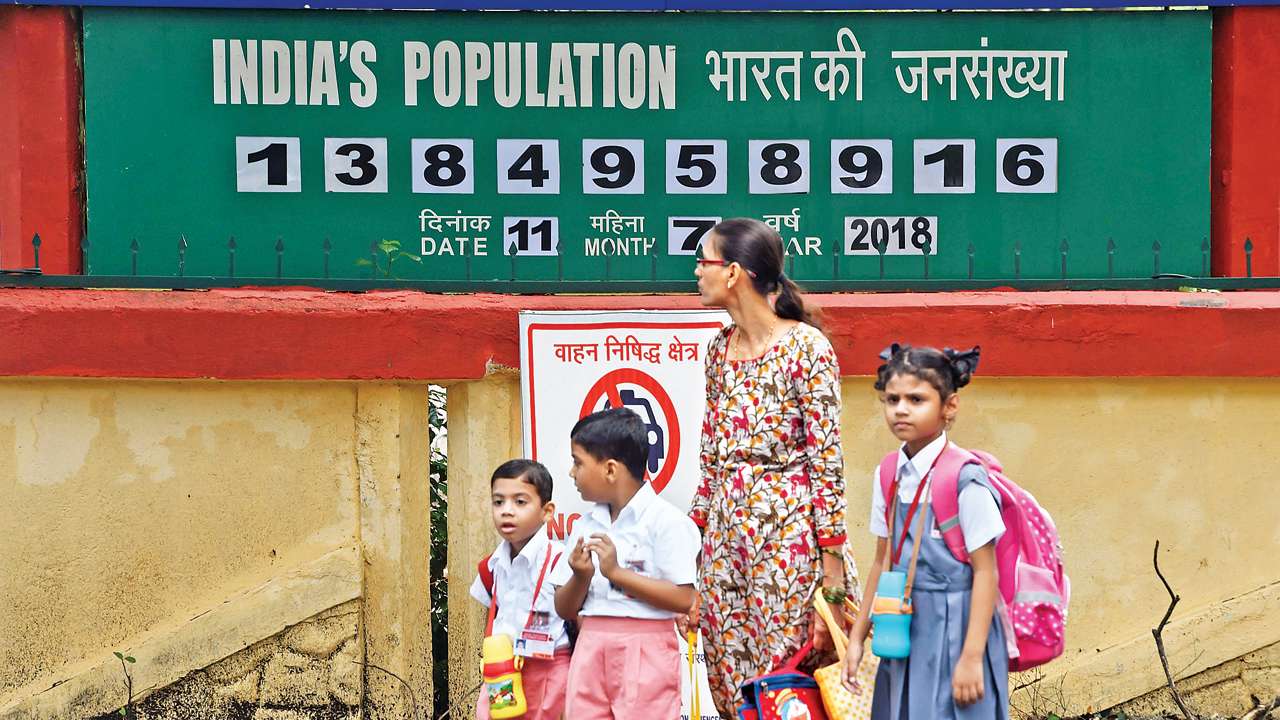
I am going to consider myself an independent woman, a woman who makes her own choices, a woman who does not have to seek permission to seek health-care services. But is this the condition of all the women in India?
About 214 million women of reproductive age in developing countries who want to avoid pregnancy are not using a modern contraceptive method. Reasons for this are diverse — limited access to contraception, lack of decision-making power among women, gender bias and various other socio-cultural barriers.
Family planning focuses on women’s right to freely decide whether, when and how many children to have. The ability to make decisions pertaining to our bodies means we control our future. This is an indispensable part of our reproductive health and is intrinsic to gender equality and women empowerment.
Family planning allows couples to determine the number and spacing of their children through the use of contraceptive methods. It enables couples to undertake the necessary steps to ensure that every pregnancy is planned. Planned pregnancy gives women time to prepare physically and mentally for every pregnancy.
Despite the benefits of family planning, the adoption of family planning in India is still not a reality. Conversations about contraception are still considered a taboo. We undermine the importance women’s reproductive health and rights and personal autonomy in matters of reproduction.
Knowledge about modern contraceptives is almost universal in India with 99 per cent of all married women knowing about at least one method of modern contraception. However, less than 50 per cent of married women in India presently use modern methods of contraception. Lack of availability of quality reproductive health services, lack of access to information fueling myths and misconceptions and the existence of a patriarchal society are some of the reasons for women not being able to exercise their reproductive rights.
As an independent woman, I can understand how an unplanned pregnancy can be a stressful period in a woman’s life. I know that if I am not prepared, it can adversely affect the health of my child. Further, in families that are not financially stable, providing for an additional family member will be an increased burden. In this sense, family planning has much larger implications on other aspects of development of a family. Besides directly having an impact
of the health and well-being of the mother and the children, unplanned and frequent pregnancies also impact the ability of the family to ensure that every child is provided adequate care and opportunities.
It is true, that women should have the right to decide if we want to have children, but it is not just our responsibility to use contraception. Men are equally responsible for using family-planning methods. It is, however, deplorable to see men’s perception about contraception and their lack of participation. In India, presently, 1 in every 3 men believe that use of contraception is women’s responsibility and presently, only 5.8 per cent men use contraception. Not only does this put an undue burden on the women to use contraception, it also highlights the need for a change in how family planning is perceived. If family planning has to be successful, men and women need to equally contribute to making informed decisions.
So, it is very important that both men and women have access to information and family-planning services. When we have the knowledge about the contraceptive methods that are available, we are more likely to use them. But, it is not just about being informed, change in attitude and mentality especially by men is equally important. This not only will result in men increasing their uptake of contraceptives but they are less likely to interfere when their partner wants to use contraception. Concerted efforts need to be targeted towards sensitising men about sharing the responsibility and more importantly, addressing socio-cultural misconceptions about male contraceptive methods.
This change in attitude cannot be achieved instantly. Both men and women need to be engaged in conversations about sex, contraception, family planning, sexual and reproductive rights at a young age. All of us have gone through the stage in our lives when we had so many queries about these issues but did not know who to approach and how to address them. It is imperative that the younger population is well-informed about contraceptives to ensure that they are sensitive to these issues when they grow up.
On July 11, we observed the World Population Day, themed ‘Family Planning is a Human Right’, marking 50 years since family planning was globally affirmed to be a human right. Every individual should have access to information and family-planning services to ensure that every pregnancy is planned. When we recognise this aspect of human right we eventually make responsible and informed decisions about our body.
We need to undertake interventions to encourage communities to engage in conversations about women’s health, their reproductive rights, contraceptive choices and gender parity. When we have control over our reproductive choices, it deconstructs the idea that we exist only to take care of others. We have the prerogative to lead our own lives, to educate ourselves, to pursue a career, to decide whether, when and how many children we want to have and thus have the right to plan our own future.
The author is a renowned actor in Hindi films